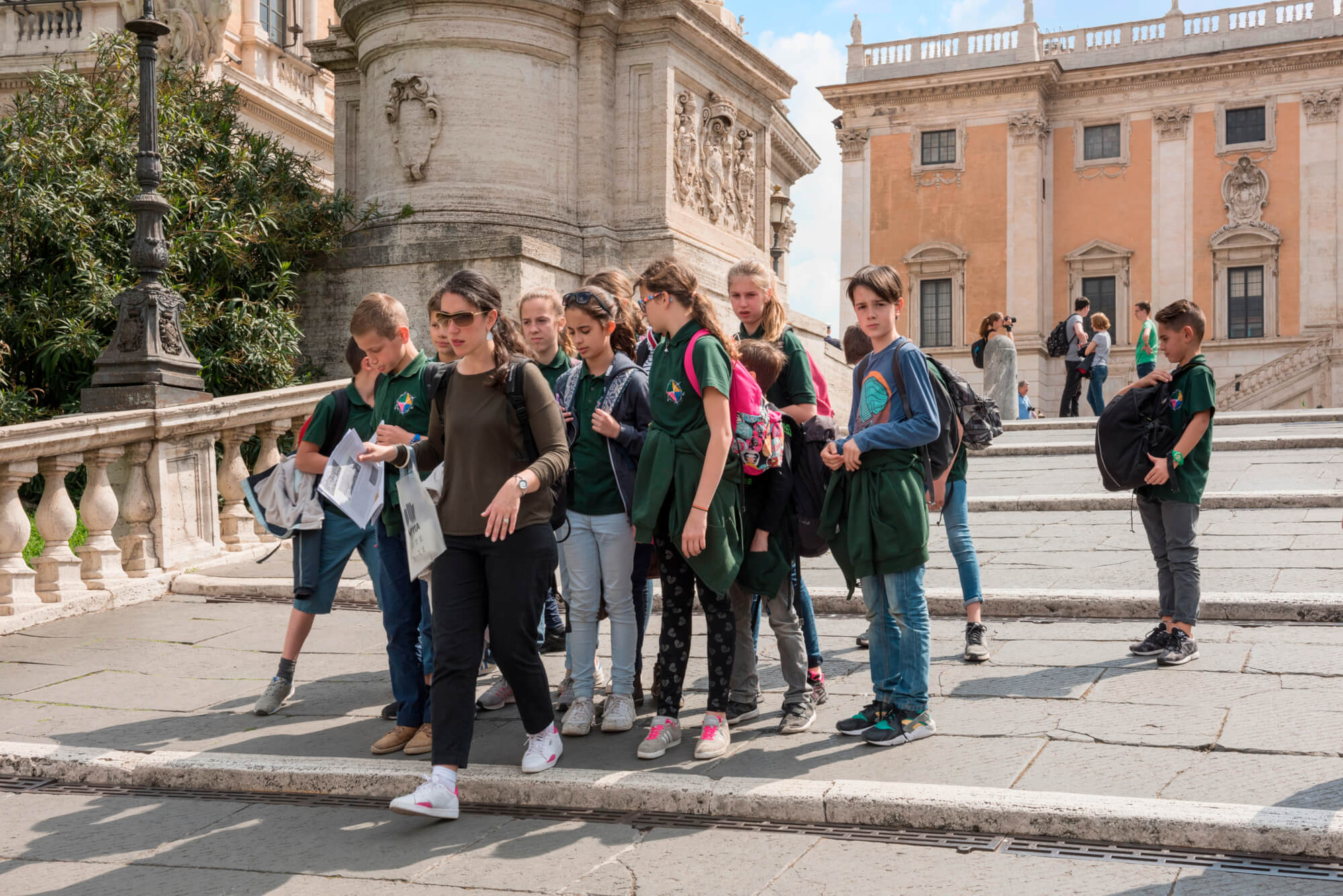Duty of Care for Staff on Educational Visits

The Duty of Care of school staff in relation to pupils is at the forefront of best practice.
Duty of Care during educational visits refers to the legal and moral obligation of schools to ensure the safety, well-being, and proper supervision of students and staff while off-site. This includes field trips, sports events, cultural excursions, and any other activities conducted outside the school premises.
The key DfE document which provides guidance is Health and Safety on Educational Visits.
Consequences of Breach
Failing to meet the Duty of Care on educational visits can result in serious consequences, including injuries, legal action, and damage to the school's reputation. Schools must be aware that they can be held accountable for negligence or failure to comply with their responsibilities.
So as we approach a new academic year, here are my top tips to help guide everyone planning and conducting educational visits:
Key Responsibilities for Educational Visits
Planning and Risk Assessment:
- Thorough Planning: Careful planning of the visit, including detailed itineraries, objectives, and logistics.
- Risk Assessment: Conducting comprehensive risk assessments to identify potential hazards and implementing measures to mitigate them. This includes evaluating the suitability of the venue, transport, activities, and any specific needs of the participants
- Approval Process: Obtaining necessary approvals from school leadership, parents, and, if applicable, relevant authorities.
Supervision and Staff Ratios:
- Adequate Supervision: Ensuring there is an appropriate ratio of staff to students for the type of visit and the activities planned. The ratio should consider the age, ability, and specific needs of the students.
- Qualified Personnel: Assigning experienced and competent staff to supervise the visit, including having a designated visit leader responsible for overall management.
Communication and Consent:
- Parental Consent: Obtaining written consent from parents or guardians for each student participating in the visit, providing them with detailed information about the trip.
- Emergency Contact Information: Ensuring that all necessary emergency contact information is collected and readily accessible.
Health and Safety Measures:
- First Aid: Ensuring that first aid provisions are in place, including trained first aiders and access to first aid kits.
- Medical Needs: Taking into account any medical conditions or allergies of participants and ensuring appropriate measures are in place, including the administration of medications if necessary.
- Safety Briefings: Providing students and staff with clear instructions and safety briefings before and during the visit.
Transport Arrangements:
- Safe Transport: Arranging safe and reliable transport, ensuring compliance with safety standards and regulations.
- Supervision During Travel: Ensuring that students are adequately supervised during transit, with clear protocols for embarkation and disembarkation.
Contingency Planning:
- Emergency Procedures: Establishing and communicating clear emergency procedures, including what to do in case of an accident, illness, or other unexpected events.
- Contingency Plans: Having contingency plans in place for changes in weather, transport issues, or other disruptions.
Legal and Ethical Accountability
In addition to the above practical steps, it is important to recognise the. legal and ethical dimensions our duty of care brings. It is important to consider:
Legal Compliance:
- Schools must comply with relevant legislation, such as the Health and Safety at Work Act 1974 and the Children Act 1989, which mandate the safety and welfare of children during educational activities.
- Local Authority Guidelines: Adhering to any additional guidelines and requirements set by the local education authority.
Ethical Conduct:
- Acting with integrity, diligence, and professionalism in all aspects of planning and conducting educational visits.
- Duty to Report: Reporting any incidents, accidents, or concerns promptly and following up with appropriate actions.
Monitoring and Evaluation
Just like any area of practice, it is essential to monitor and evaluate duty of care practice. This should include:
Pre-Visit Checks:
- Conducting pre-visit checks to ensure all arrangements are in place and risk assessments have been thoroughly reviewed.
- Staff Briefings: Holding briefings for all staff involved in the visit to ensure they are fully informed and prepared.
Post-Visit Evaluation:
- Review and Feedback: Evaluating the visit after its completion to identify successes, areas for improvement, and any incidents that occurred.
- Reporting: Documenting the outcomes and lessons learned from the visit, and sharing this information with relevant stakeholders.
Conclusion
Ensuring the Duty of Care on educational visits is paramount for schools. This involves meticulous planning, risk assessment, adequate supervision, clear communication, and robust health and safety measures. By fulfilling these responsibilities, schools can provide enriching and safe experiences for students, enhancing their learning and development while maintaining the trust and confidence of parents and the broader community.
Sara Spinks
SSS Author & Former Headteacher
26 August 2024